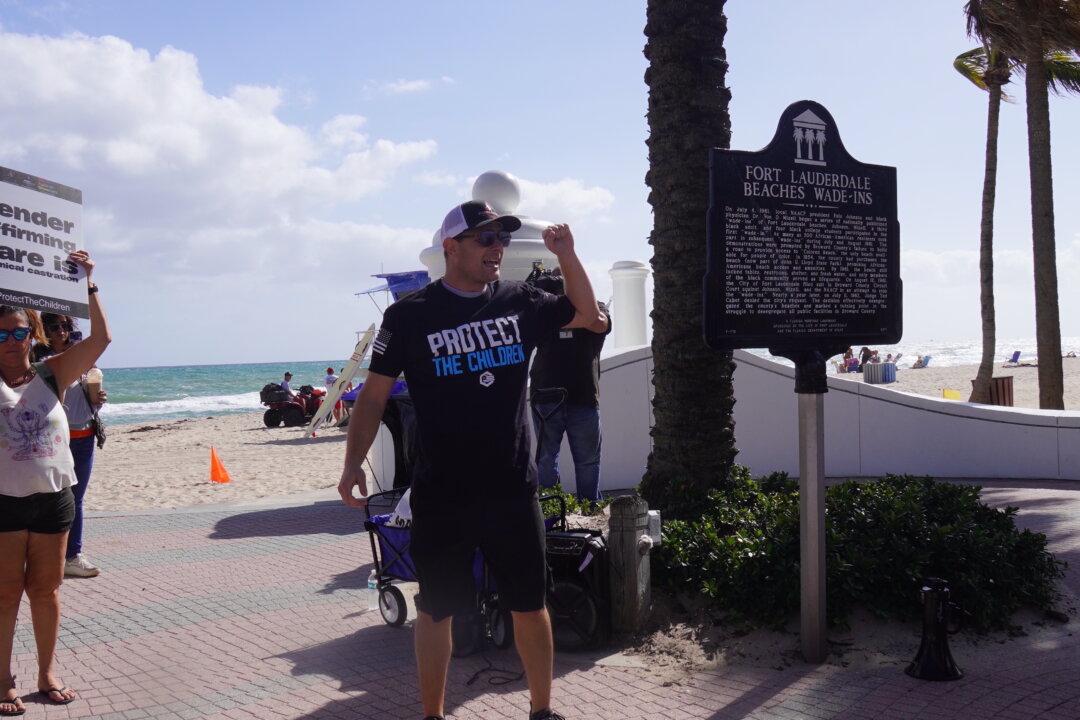PUNTA GORDA, Fla.—Minimum wage workers in Florida saw a pay increase on Thursday after nearly 61 percent of Florida voters approved Amendment 2 in the November 2020 election.
Florida is the first state in the union to raise the minimum wage to $15 per hour by ballot measure. However, it won’t reach $15 right away. For now, the amendment raises the wage from $8.56 per hour to $10 per hour beginning Sept. 30. Each year after that, the rate is set to increase by $1 until 2026.




